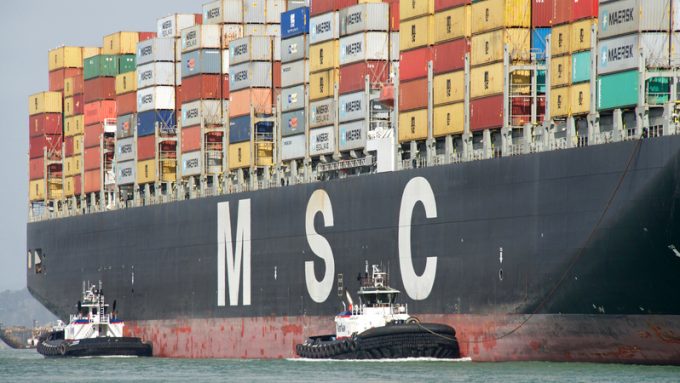Bitter row at HHLA as shareholders furious over dividend cut and 'spineless' board
The annual general meeting of German stevedore HHLA descended into a bitter row yesterday (3 ...

Due to severe bottlenecks in regional transhipment ports, MSC is launching a direct service from South China to Chittagong.
The new Bengal Service aims to bring relief to Bangladeshi importers from the congestion at the transhipment hubs of Singapore and Colombo.
The weekly service will start on ...

Comment on this article